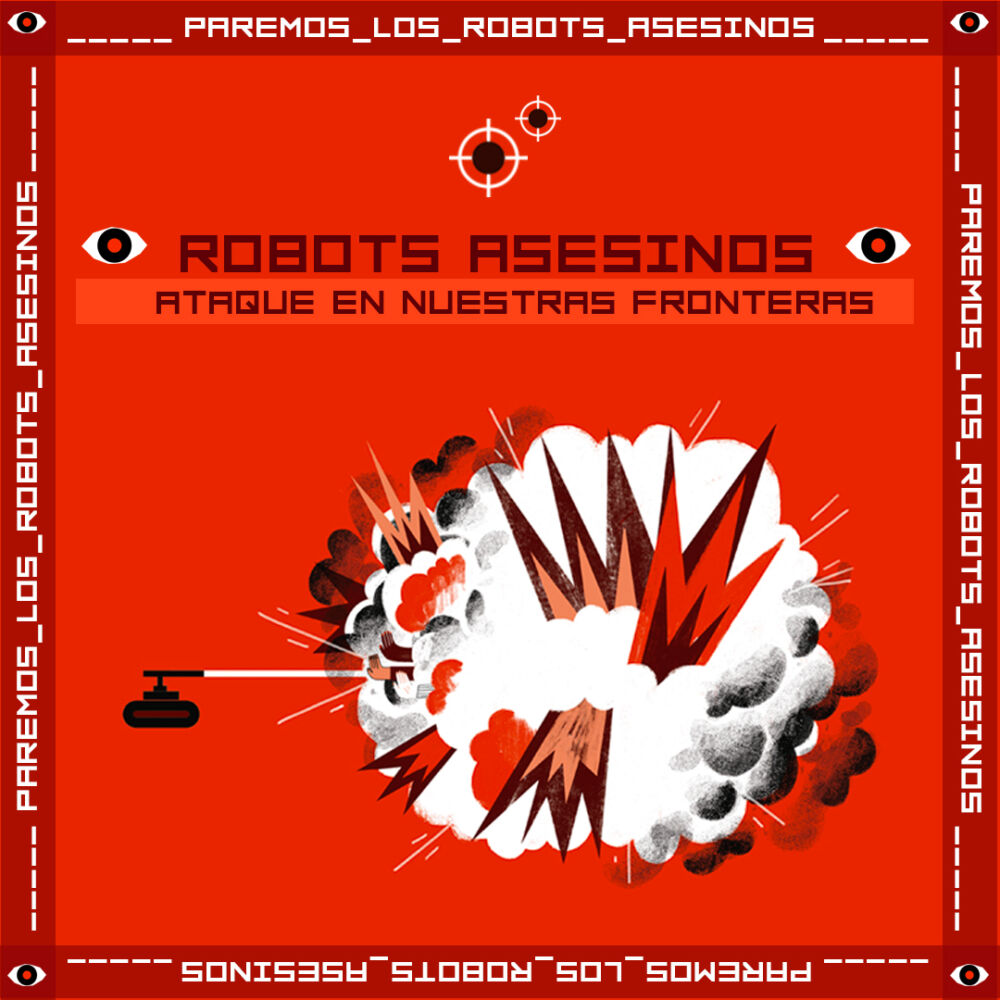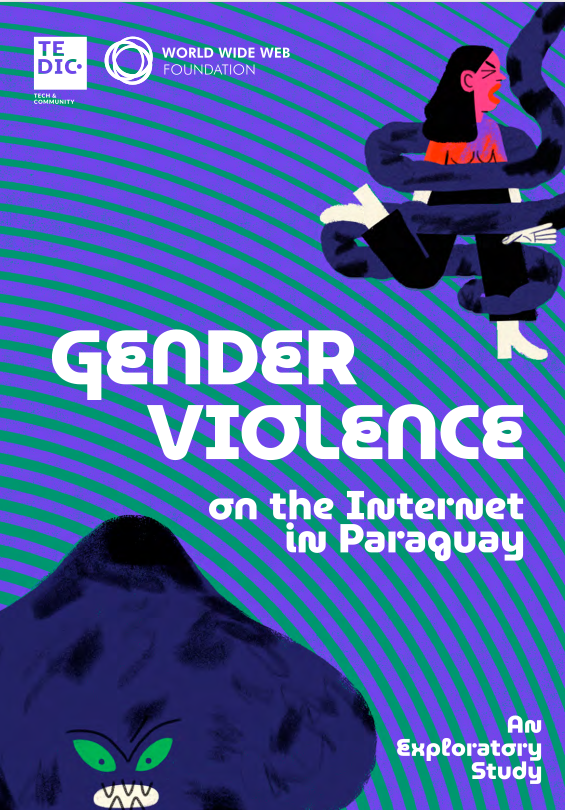
Do you use maps that choose the fastest route to a selected destination? Do you interact with bots in communication channels such as WhatsApp or Telegram? Do you receive advertising that scares you because of its accuracy? Chances are you use Artificial Intelligence in your day-to-day life.
Robots are already a reality and have been an integral part of our lives for several years. These machines are in our industries, they work in the production of our food, and there are even some that save human lives. But did you know that there are also robots designed for warfare?
These technologies are often promoted with the idea that they will make our lives easier, but what happens when Artificial Intelligence connects with systems that threaten our lives?
Killer robots are part of a global trend. Countries worldwide, such as the United States, Israel, China, South Korea and Russia, are developing and acquiring warfare technology that uses artificial intelligence to detect and choose targets.
In a few words: these robots are programmed to function with complete autonomy and make their own decisions. This new trend brings us one of the most important ethical questions of the coming years: can we leave matters of life and death to a machine?
Communities of scientists, journalists and activists worldwide are speaking out and campaigning about how dangerous it could be to continue allowing states and companies to continue this trend.
Since 2020 TEDIC has been part of the STOP KILLER ROBOTS campaign, which aims to create and promote treaties banning the development of killer robots.
We often believe this is a topic far removed from our reality, but… in a country with surveillance and control systems already in use, the possibility of purchasing autonomous weapons should not surprise us. It is always better to be informed beforehand about the possible dangers and consequences of implementing this type of technology in our territory.
Seeking to create spaces for dialogue with civil society in our country, we decided to screen the documentary “Immoral Code”. This short documentary explores the impact of these killer robots in an increasingly automated world, where specific machines make decisions about who lives and who dies.
During 2022 we held two screenings of the documentary, the first on August 20 at the Hackerfem!, an event that seeks to empower women and dissidents working in and with technology. The second screening was held on September 20 at Café Consulado, where we had a panel of experts on the subject.
In addition to the screening of the documentary, we took advantage of the visit of Maria Pía Devoto, a participant in the panel discussion at the screening held at Café Consulado and an expert in International Security, to talk with national authorities about Paraguay’s position on the use of autonomous weapons. The talks were held with people from the Ministry of the Interior, the Ministry of Foreign Affairs and members of the Legislative Branch of Paraguay.
In November 2022, we participated in the meeting of Mercosur countries on this topic in Montevideo, where we presented our concerns and a panel entitled: “Gender, biases in future debates, the challenge of technology”.
Too far away to be real? What is the limit between fiction and reality?
With these questions as our guide, we developed, together with EnBorrador, a new “mockumentary” style podcast episode to imagine a possible dystopian future where killer robots are attacking the borders of Latin America. How does it feel to live in a nightmare where machines control our lives?
Listen to the new episode: “Killer Robots: Attack on our borders”

 Digital violence against women in Paraguay
Digital violence against women in Paraguay